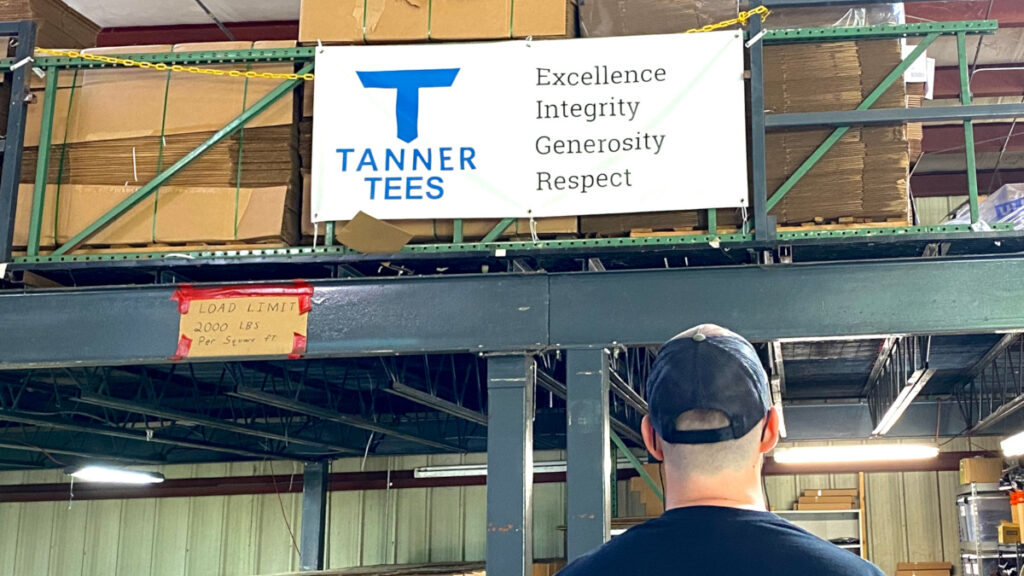Summary
- Sometimes factors of a communication failure is a disconnect between the organization’s stated values and its day to day culture.
- The value of values are to shape your organization and inform your team, your values need to be made known, and that only occurs with effective communication skills.
- While the process of identifying the value of values (or your core values) is generally a one-time event, the communication of your core values occurs continually, through a wide range of intentional and repeated messaging.
- With a commitment to clear and repetitious communication, add these three complementary components to ensure successful communication of your core values: verbal, visual, and action.
- Communicating the value of values of your organization to your team, participants, customers, or members is a responsibility that all leaders must embrace.
Part 1 of The Essential Value of Values focused on how to identify your core values and provided five practical steps to ensure they accurately reflect your team's culture. We also explained the positive impact that core values have on your organization. Core values serve as a lens to view your company and a compass to guide your strategic decision making, beliefs, choices, and goals. They shape your organization's culture and help to recruit new employees and retain talented team members. Keeping your core values as your foundation will enable your business to navigate the right direction through a challenge and excel in seasons of growth.
Now that you have established your core values, you are ready to focus on the next crucial step: communicating your core values.
How To Communicate Your Core Values
So how can a coach, small business owner, or executive be an effective communicator of their core values? The answer is by committing to be intentional in your communication. This means making an effort to not only be clear but also to be diligent in the frequency of your messaging. While the process of identifying your core values is generally a one-time event, the communication of your core values occurs continually, through intentional and repeated messaging.
Author and leadership consultant Ian Cornett states, “There are many elements that comprise effective communication, but the power of repetition is an especially critical component because, without it, key messages get lost, confused, or go unheard.” If you want to be successful in communicating your values, you must first commit to being repetitive. You may feel like a broken record or be tempted to veer from the message, but you will find there is great power in consistent communication.
Commit to be Intentional in Your Communication
So how can a coach, small business owner, or executive be an effective communicator of their core values? The answer is by committing to be intentional in your communication. This means making an effort to not only be clear, but also to be diligent in the frequency of your messaging. While the process of identifying your core values is generally a one-time event, the communication of your core values occurs continually, through intentional and repeated messaging.
Author and leadership consultant Ian Cornett states, “There are many elements that comprise effective communication, but the power of repetition is an especially critical component because without it, key messages get lost, confused, or go unheard.”
If you want to be successful in communicating your values, you must first commit to being repetitive. You may feel like a broken record or be tempted to veer from the message, but you will find there is great power in consistent communication.
Three Ways to Ensure Successful Communication
With a commitment to clear and repetitious communication, add these three complementary components to ensure successful communication of your core values: verbal, visual, and action.
Verbal
- Speak the values often and encourage your team members to do the same.
- Use them in conversation when describing an action, individuals, an employee, or team member.
- Make your core values a normal part of the language and culture of your organization.
Visual
- Make your values visible.
- Create banners, signs, shirts, hats, and literature. Put them on your letterhead, digital marketing, business cards and signature blocks.
- Showcase your core values by making sure they are visually prominent to catch your attention.
Action
- Put your core values into practice.
- As a leader, exemplify them in your actions and encourage your team to do the same.
Communicating core values to your team, customers, or members is a responsibility that all leaders and decision-makers must embrace. When your employees and customers understand what your company values, you are on your way to building an organization with a strong sense of identity and a culture that will enable clarity for strategic decisions and strong potential for future growth.
